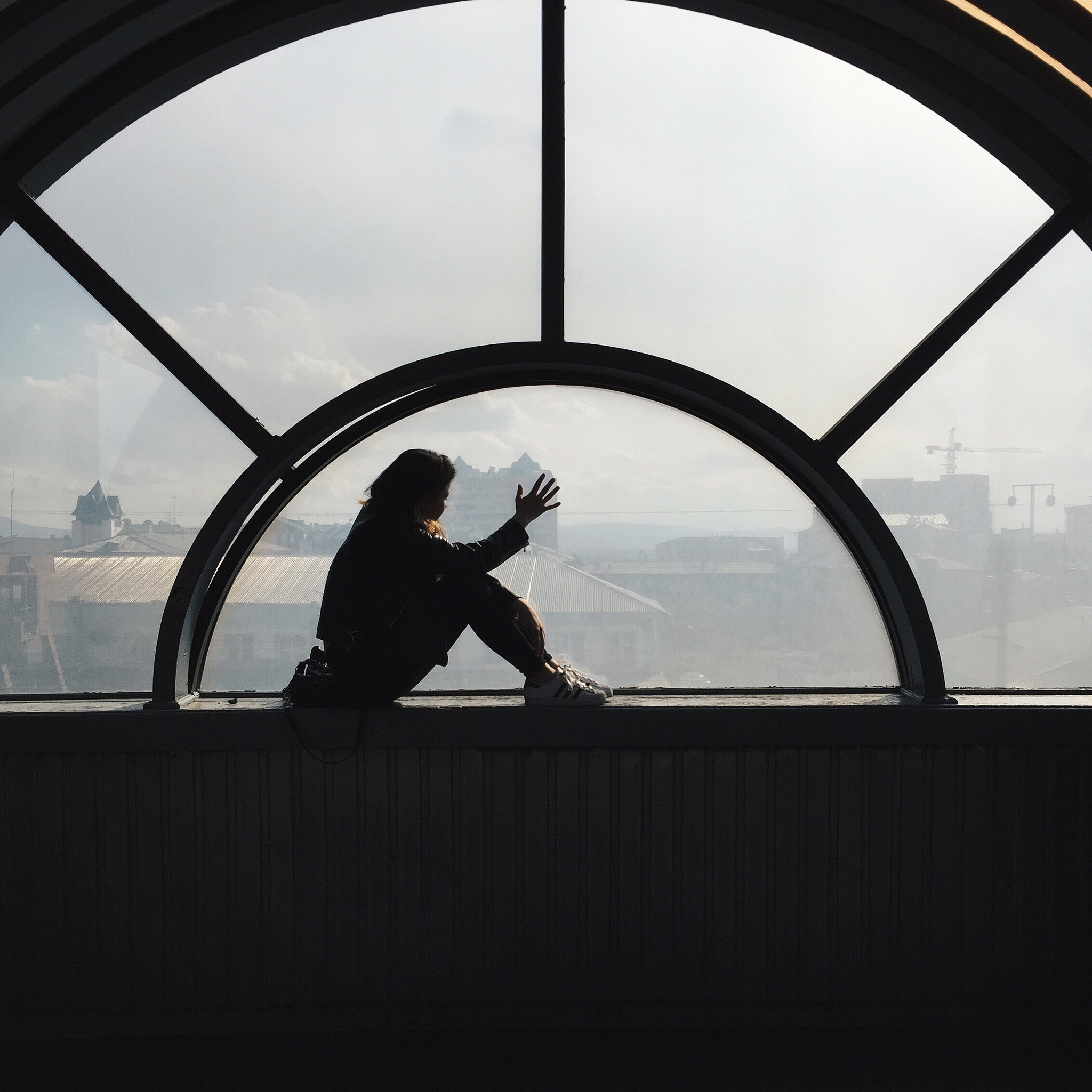
10 Things You Don’t Realize You’re Doing Because You’re Actually Insatiably Lonely
Our minds are tricky beasts. We are quick to hide how we’re really feeling – and often, our motivations are mysteries even to ourselves. In a society that values independence, autonomy and self-interest far above connection, too many of our actions are motivated by a deep, underlying sense of loneliness. Here are ten things you may be doing because you’re subconsciously lonely as hell.

1. Idealizing past relationships.
We fall into the trap of rehashing expired relationships if and when we don’t have love in our present lives to take the place of what we’ve left behind. Chances are, if you find yourself obsessing over what’s passed, it’s because you’re feeling pretty underwhelmed with what is.
2. Failing to make an effort to meet new people.
A little known fact about loneliness is that it begets more loneliness. The more used to our own company we become, the less we seek out the company of others. It usually feels good for a while, until one day it suddenly doesn’t. But by that point, we’ve often been alone for so long that we’ve forgotten company is something we crave at all.
3. Feigning disgust towards relationships.
People who are genuinely indifferent towards intimate relationships don’t need to mock them or put them down – they simply allow them to happen or not happen naturally.
Chances are, if you feel the need to look down on people who want or have love, you’re secretly dying to have it yourself. Otherwise, you’d feel no need to invalidate it.
4. Developing an obsession with self-improvement.
There’s nothing wrong or unhealthy about bettering oneself. But when an inclination to make positive changes bleeds into an obsessive focus on it, and eclipses the desire to make connections, there is almost always something deeper behind it.
We turn to perfectionism when we feel as though we are not enough as we are. And we feel as though we are not enough as we are when we are most disconnected from others.
5. Feeling emotionally numb.
In the words of Brianna Wiest, “Your numbness isn’t feeling nothing, it’s feeling everything and never having learned to process anything at all.”
We repress our emotions the most when we feel as though we don’t have any means of satisfying them. When we’re feeling disconnected from life, we disconnect from our emotions.
6. Obsessing over unimportant details.
When any of our core needs aren’t being met (i.e. our need for love and connection), we feel out of control. As a consequence, we obsess over the tiny details of our lives that we can control, in order to maintain an illusion of power. We often find ourselves becoming finicky, peculiar and obsessive – because our real needs aren’t being met, and so we’re projecting the frustration onto our small-scale needs.
7. Exaggerating the differences between yourself and others.
The less connected to others we feel, the more we feel the need to justify our disconnection. And the more alone we are, the more we feel the need to categorize, define and explain away our loneliness.
We are looking for ways to explain our aloneness that do not offend our ego. So we become irrationally proud of our disconnection (chalking it up to independence or introversion or choice), rather than concerned by it.
8. Becoming intensely self-critical.
When our lives are filled with people who love us, it is easy to make peace with our inadequacies. When we are feeling disconnected from others, our inadequacies stare us down like giant neon sides, reminding us of why we (believe we) are not loved.
Never do our mistakes seem so fatal or our fates seem so sealed as when we are alone. Without others to support and connect with us, we feel as though every imperfection we possess is insurmountable.
9. Feeling perpetually exhausted.
Even the most introverted person on the planet is not exempt from the need for human connection. When left on our own for too long, we eventually become weary and demotivated. We need each other to inspire, support and facilitate one another’s progress. Left to our own devices, we all eventually grow weary and exhausted.
10. Closing yourself off to new opportunities.
The lonelier we are, the smaller and smaller our worlds become.
When we’ve been closed off from people for a long time, we incrementally close ourselves off to life, as well – we stay in rather than go out, we play it safe rather than take risks and we ignore opportunity when we ought to go after it. Being out of touch with others means abandoning the most human part of ourselves – the part that drives us to connect, to strive for bigger things and to ultimately to grow into the biggest, most magnanimous versions of the people we’re all capable of becoming. ![]()











